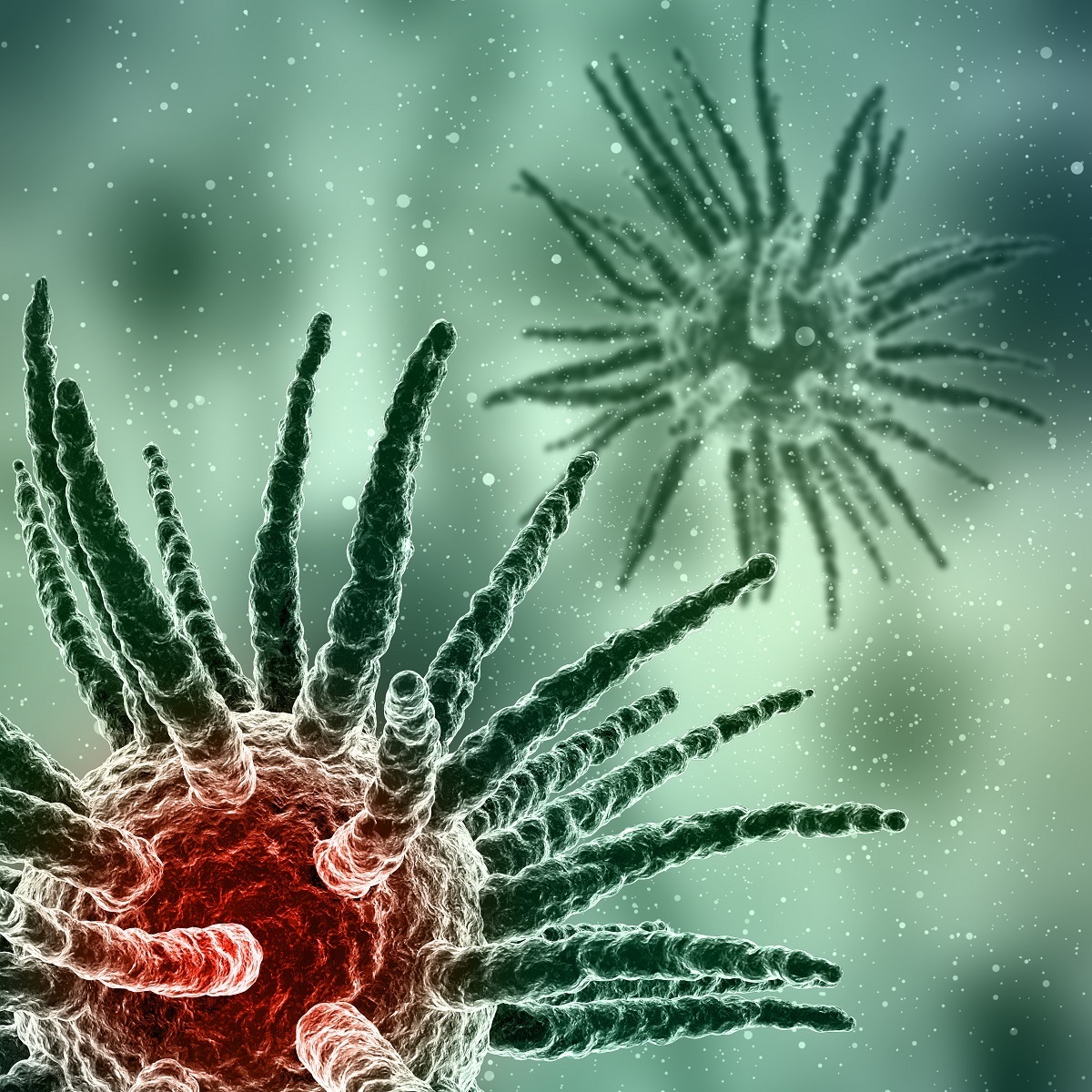KEY TAKEAWAYS
- The MANGO-2 and MANGO-2b phase 3and 4 trials aimed to investigate miRNA profiles in pts with OC, developing the MiROvaR-Index predictor.
- The high MiROvaR-Index favored and confirmed the predictive potential of Bev.
The advent of PARP inhibitors (PARPi) has profoundly altered the treatment landscape for patients (pts) ovarian cancer (OC). On the contrary certain patient subgroups continue to get benefit from Bevacizumab (Bev), specifically pts at a high risk or with proficiency in BRCA and/or Homologous Recombination pathways.
Through development and validation efforts during this trial, researchers have established MiROvaR as a robust miRNA-based molecular predictor. This tool effectively identified pts at an elevated risk of early relapse irrespective of the other factors. MiROvaR held a promising impact in refining prognostic assessments, highlighting pts who could derive substantial benefit from Bev therapy.
Marina Bagnoli and the team investigated the miRNA profiles in OC, developing the MiROvaR-Index predictor by analyzing the samples from two trials-analyze samples from 2 clinical trials, 2-ENGOT-Ov17).
They obtained and analyzed samples from two clinical trials- MITO16A (phase 4 ) and MITO16B (phase 3) . RNA samples from MITO16A (n=197) and MITO16B (n=102 standard arm; n=108 experimental arm) were profiled for miRNA expression. MiROvaR-Index was assessed for the classification of pts being at high/low risk of relapse and assessed association with clinical/pathological parameters and prognostic/predictive impact.
Results unveiled that in both MITO16A and MITO16B, approximately half of the intent-to-treat populations were biomarker-evaluable and reflected baseline characteristics and outcomes. In MITO16A, MiROvaR demonstrated significant performance in progression-free survival (PFS) and maintained independent prognostic significance in multivariable analysis alongside residual disease and FIGO stage (HR 1.74, 95% CI 1.131–2.67; P=0.011).
In MITO16B, a high MiROvaR-index predicted a benefit from Bev in terms of PFS (Pinteraction = 0.00754), though not for Overall Survival (OS). Specifically, pts with a high MiROvaR-Index treated with Bev experienced prolonged PFS (13 vs. 8 months; log-rank P<0.0001) compared to those in the control arm.
The study concluded that a high MiROvaR-Index confirmed its prognostic power of early relapse independently of the treatment schedule suggesting a predictive potential of Bev response.
The trials were sponsored by National Cancer Institute, Naples.
Source: https://cslide.ctimeetingtech.com/gynae24hybrid/attendee/confcal/show/session/4
Clinical Trial: https://clinicaltrials.gov/study/NCT01706120
https://clinicaltrials.gov/study/NCT01802749
Bagnoli M, Cecco L D, Califano D, (2024). “The risk index of early relapse defined by MiROvaR, a miRNA-based classifier, is a potential predictive marker for bevacizumab benefit: A MITO-MANGO-ENGOT study.” Presented at ESMO-GC 2024. (Abstract 47MO)



